The Aurat March challenges misogyny in our homes, workplaces and society, say organisers ahead of Women's Day
On March 8 2018, Pakistan saw its first Aurat March in major cities across Pakistan.
Women from all walks of life gathered to highlight a diverse range of issues the they go through including harassment, sexism and various toxicities within the culture. Women from neighhbouring cities also traveled to join.

The rally is happening again this year; in Karachi the Aurat March is kicking off in the lawns of Frere Hall at 3.30pm.
“We call ourselves Hum Aurtein as we represent every woman here no matter what caste, creed or religion she hails from,” said classical dancer and social activist Sheema Kermani of the organisers at the press conference on Tuesday. “We are women who work as hard as men and want to be treated equally, and with equal respect. We want to make our own decisions about things such as marriage and children and whether we even want children.”
The team organising the event have been working hard behind the scenes to raise awareness on the importance of women acknowledging their struggles. For the past four months, they have been taking part in drives to various areas to make sure that women of all backgrounds are aware they can play an important role in bringing about change.
Team Images spoke to the women behind the Aurat March, to find out what goes on behind the scenes and to know more about the event.
Images: What issues will be highlighted in this year's Aurat March?
Ayesha, 28: A key demand is an end to physical, emotional and sexual violence against women, non-binaries and transgenders. The #Metoo movement has caught momentum in Pakistan this year and we express solidarity with survivors of sexual violence. We demand that effective mechanisms are put in place to ensure that survivors are able to seek requisite help and justice without backlash. We also condemn state-backed violence over ethnic groups and individuals and the fresh surge of nationalism and war-mongering on social media due to recent clashes with India.
Justice is a running theme in this year’s March – reproductive, economic and environmental justice.We envision workplaces to be free of harassment and discrimination based on gender. We also demand that women have equal rights to healthcare, living wages, and to their own bodies. The anti-encroachment drive is one of the main issues being taken up by the organizers of the Aurat March this year. We believe that the drive has an anti-poor bias and has left thousands of families, including women and children, vulnerable without any compensation or social protection from the State.
"As organizers of the Aurat March you’ll find us everywhere - from talking to your nani at the Behbud Mela, to having chai with women in Rehri Goth (a fisherfolk community), engaging with the khwajasira community, and of course meetings with students at university campuses."
We hope to be joined in great numbers by women affected by this violence. Harassment on the streets is an issue that continues to affect the safety and mobility of women, transgender and gender non binary individuals irrespective of where they live. We have an equal right to the city. In fact, an important aim of collectively gathering and marching together on 8th March is to reclaim our right over streets, parks and public spaces in the city!

Tara, 21: In trying to move away from abstract and homogenous experiences of womanhood that dominated academic feminism of the past, Hum Aurtein have taken on issues that affect women, gender non-binary and transgender individuals in Pakistan, specifically those living in our city. The incumbent government’s anti-encroachment drive has left hundreds of people displaced in an initiative that has targeted stall owners whose line of work has spanned generations and has been part of Karachi’s living history since before partition.
In filming a video to raise awareness about the anti-encroachment drive, we spoke to some displaced women affected by this new form of gentrification who spoke of the economic burdens they were facing, with empty promises of relocation and rehabilitation in June, leaving them with a 6-month gap of unemployment as well as higher rent. We hope that highlighting these issues gives space to those who aremarginalized to speak about their experience of state economic violence.

Images: How are you spreading awareness about the march? Could you explain the process of outreach?
Haniya, 35: As organizers of the Aurat March you’ll find us everywhere - from talking to your nani and her friends at the Behbud Mela, to having chai with women in Rehri Goth (a fisherfolk community), engaging with the khwajasira community, and of course meetings with students at university campuses. You might have even spotted organizers putting up posters throughout the city! We are also actively raising awareness through social media platforms, radio stations and morning shows.
We are tirelessly working in marginalized communities, discussing a diverse range of issues, always making sure our outreach is intersectional. Outreach meetings are held with grassroots activists in local communities, also present are women from the area. We explain the mission of the Aurat March, and invite them to come participate. We discuss issues and concerns facing these women and then ask them to nominate a speaker who can take the stage for them and talk on the day of the march.Outreach has helped us create a movement that is powered by force multiplication.

Sana R, 25: Apart from going into community meetings, schools, events – we’re also talking to the people we encounter on the street. While putting posters across the city, we invite the onlookers to the march. We tell them about the reasons for the march, our hopes for a better reality for all of us, and how we’d look forward to them marching with us. It Is an invigorating process because it connects us with the people who support us and lets us talk to the people who don’t.
Images: What do you see as the success of 2018's Aurat March?
Aziza, 26: 2018’s Aurat March created an inclusive and transformative environment for women, transpeople and gender non-binary people of incredibly diverse identities to gather together, share their experiences, and find political purpose and support to fight the patriarchy as a collective force. It expanded the possibilities of a public demonstration- it was a day for expressing our collective anger with force, eloquence, heart and humour.
As an initiation into political activism for a number of attendees, Aurat March didn’t require you to diminish your identity to become a part of the whole- it encouraged you to honour your identity and be accepted for it in an intersectional feminist movement for change. This level of diverse and meaningful representation across lines of class, creed, religion and profession was definitely a success of Aurat March 2018- especially considering the fact that Aurat March is not funded by any corporations or NGOs and relies solely on the efforts of independently-motivated individuals. Aurat March lent its platform to communities that are sidelined and allowed for a cathartic process of representation and personal connection.
Images: Is there anything that wasn't delivered last year that you intend on doing so this time?
Rashida, 21: Last year when Aurat march happened, nobody had predicted the sheer amount of online harassment student participants faced. Online spaces are difficult to navigate, in my opinion. Mostly because we don't give it the importance we give to the offline world. So the dialogues we have and the conversations we have online are often not taken seriously.
A consequence of this is that we don't take online harassment and abuse as seriously as we would to take offline abuse. This year we are trying to make the online space safer for participants. We would be sensitizing media houses towards this issue and advising them not to take portrait photos. Furthermore, for victims and survivors of online abuse, we are trying to spread awareness about how to report and get support.

Images: What goes on behind the scenes when preparing for the Aurat March? How far in advance do you begin planning?
Atiya, 29: Copious amounts of chai and carbs. Last year it was just a meeting at Sindhi Muslim of about 15-20 women that started it all. This time we have almost 70 women engaged in various capacities, from outreach to social media to giving out posters, contacting people, fund raising, writing the press release, editing and filming videos and making media appearances. The work begins almost a month in advance and it is people literally putting their work lives on hold while they commit to the march.
Qurat, 34: The main area of focus is community mobilization. We organize ourselves accordingly - some find themselves creating content for social media to mobilize on digital platforms, others go to different communities across the city to mobilize there, constantly building connections and meaningful relationships, which is by far the most important aspect of our process.
"Sexual violence, pedophilia, child marriages, acid attacks, honour killings – there can be no room for these things in our world. The Aurat March gives me hope that we aren’t alone in addressing these issues."
The labor that goes into the march is difficult - coordinating such a large scale event without any corporate or institutional funding, and through a structure without hierarchies is far from easy - but the relationships we build and the space for politicization that is created on the way makes it all worth it.
Images: What does the Aurat March mean for you?
Aarti, 23: To me, Aurat March is not only a commemoration of the many movements for women’s rights, but it is also a reminder of the ongoing struggle of every single woman and other gender identities that extends far beyond just one day. It is a reminder of the very real and deeply rooted challenges to the aspirations of women around the world.
I see Aurat March as a platform that celebrates equality and diversity, one not just limited to gender equality but an equity that extends far beyond human subjectivity and cuts across all gender identities and disciplines. This day is all about reflection, celebration and action - from recognizing women that inspire us, to sharing the space with the marginalized, from reflecting on our past struggles and achievements, to planning for what we want to collectively accomplish in the future.

Ambar, 30: Sexual violence, pedophilia, child marriages, acid attacks, honour killings – there can be no room for these things in our world. The Aurat March gives me hope that we aren’t alone in addressing these issues. To me personally, the Aurat March means a massive leap towards a kinder and saner world – watching women, transgender persons and gender non-binary individuals march last year brought tears to my eyes, and I know I’m not the only one.
Images: There are those who oppose the idea of an Aurat March. Do you have a message for them?
Aiman, 24: We’re constantly asked what we hope to achieve with the March, and if we truly believe that the months of labor we put into an event that gives women, trans, gender non-binary and gender fluid folks a safe space to congregate, celebrate, and defy societal expectations for mere hours, pays off. What perhaps isn’t obvious to onlookers is that the most important part of our organizing process is having conversations - our demands are informed by a series of conversations, our mobilizing process consists of a series of conversations - and as organizers, our everyday consists of having important and difficult conversations around the clock.
We converse to defy, to politicize and organize ourselves - our conversations allow us to understand, communicate and articulate the societal norms that oppress us, but even more importantly, they serve as a starting point for important work to follow. The march last year resulted in the formation of a feminist collective called Aurat Haq, through which we keep the work on our demands alive all year around.
The march aims to connect all those who are marginalized in hopes of empowering them with the political capital of a ‘collective’ - anyone who finds themselves opposing the politicization of marginalized folks, or even the long term commitment to challenge the marginalization itself, needs to check their privilege.
Images: What do you want people -in general - to know about the Aurat March?
Sana N, 24: The march is an active cry for peace, a movement to congregate diverse ethnicities, religions, socioeconomic groups, and gender identities. It is a platform for highlighting the core issues that women and gender non-binaries have to face on a daily basis - we ask for economic justice, for reproductive justice, for women’s political inclusion.
And perhaps the most jarring issue this year in Karachi with the anti-encroachment drive in full swing, the right to the city becomes a core demand. With this march, as with other marches globally, we hope to spread awareness, to bring together people who face the same harsh realities, and to march side by side, knowing that by standing together, and in numbers, there is power to topple even the most oppressive norms.
"Coordinating such a large-scale event without any corporate or institutional funding, and through a structure without hierarchies is far from easy - but the relationships we build and the space for politicization that is created on the way makes it all worth it."
Moneeza, 37: The Aurat March is a growing movement of young women, who are looking to shake things up. We are looking to challenge structures of misogyny in our homes, our workplaces, our society, and in the state endorsed institutions and policies that govern us. We are a generation who is learning to speak up, fight back in our own unique ways.
We work hard, we look to unify, regardless of class, ethnicity, and religion and stand in solidarity with those who are marginalized. We believe that Aurat March is a defining moment in our political history and will give rise to more and more women becoming aware, speaking up and fighting for their rights.


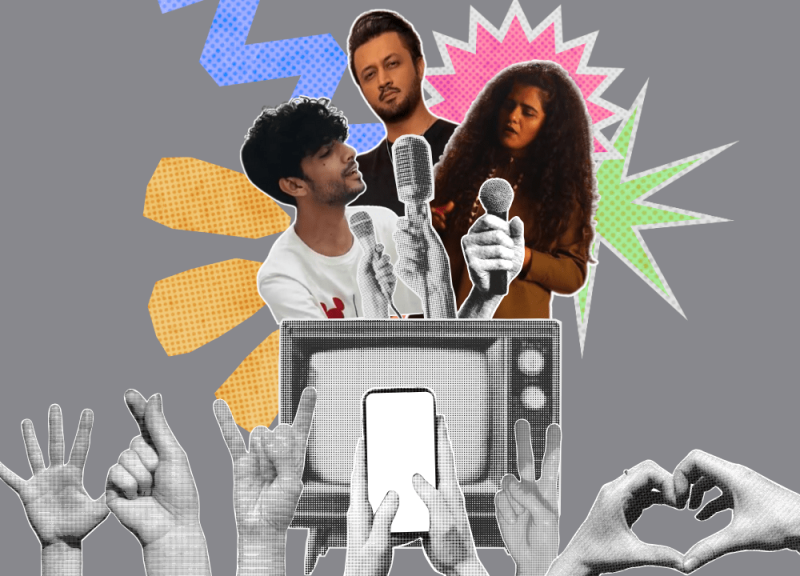
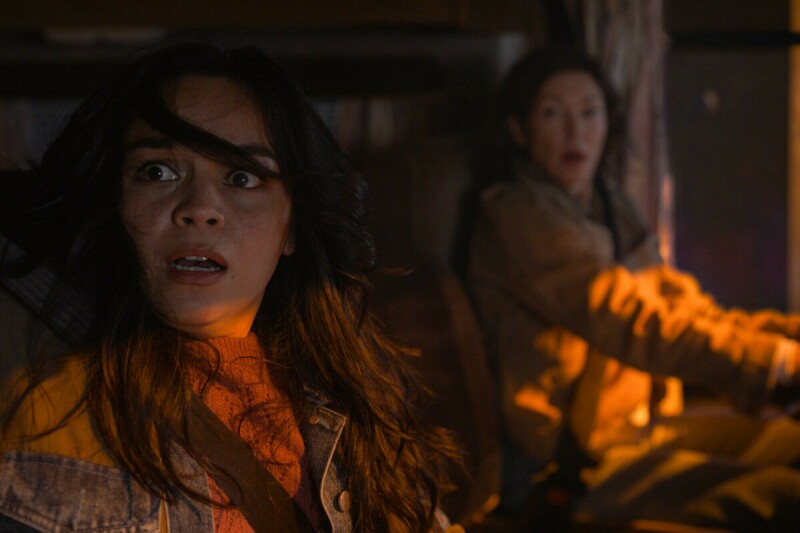


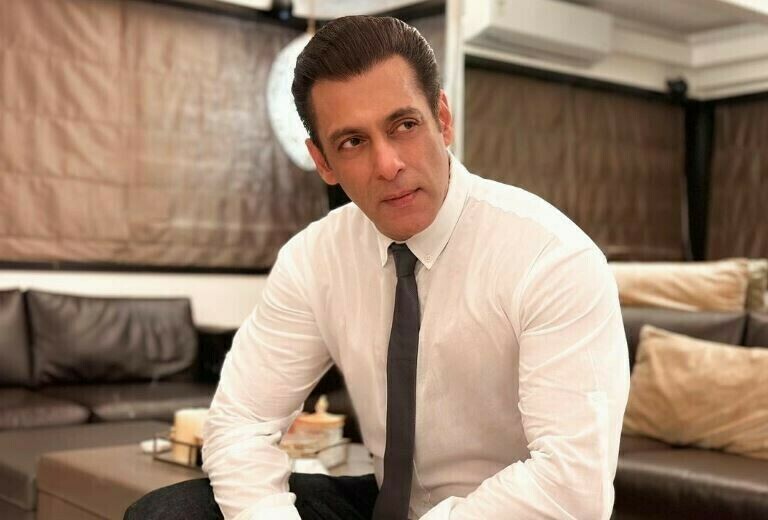
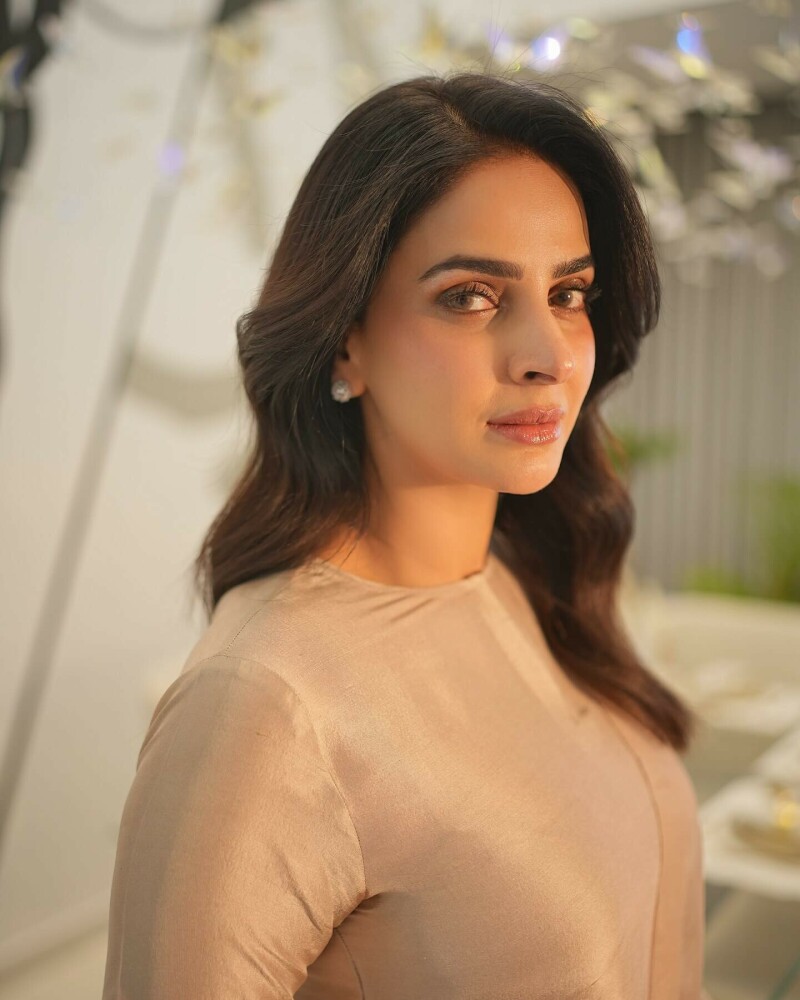
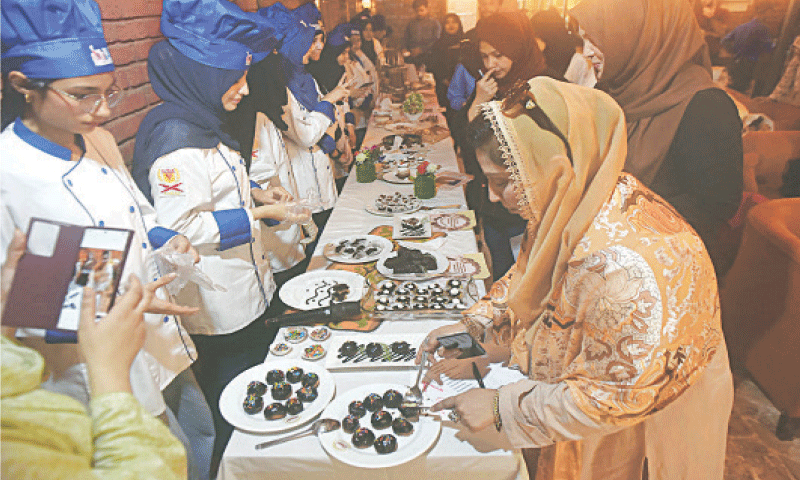
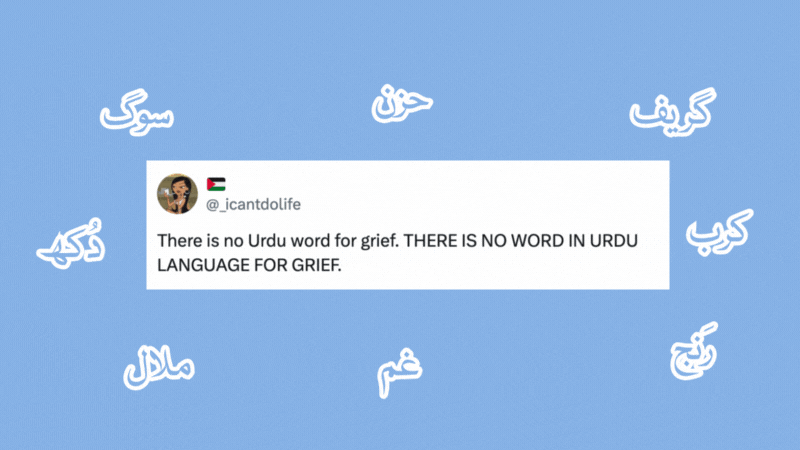
Comments